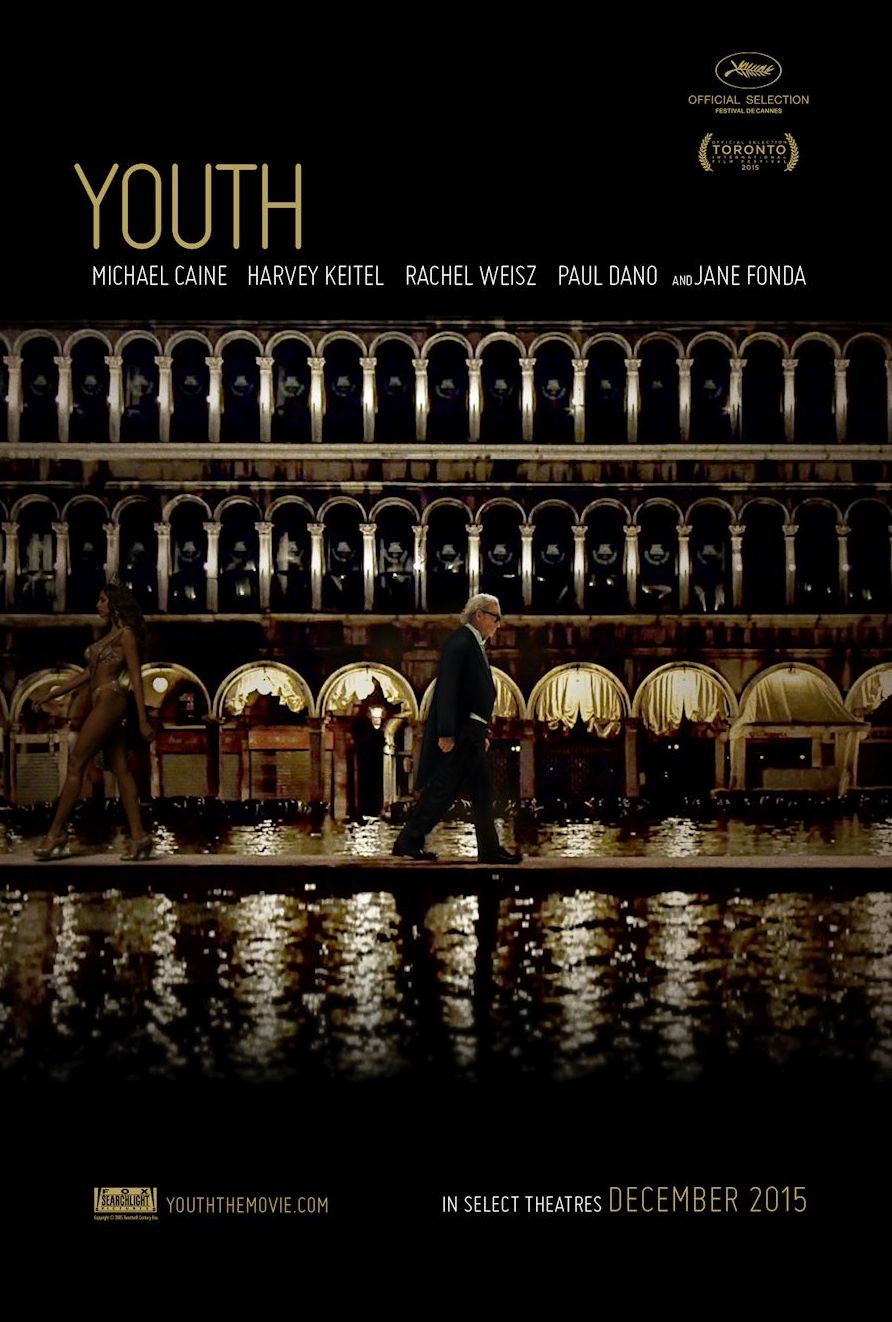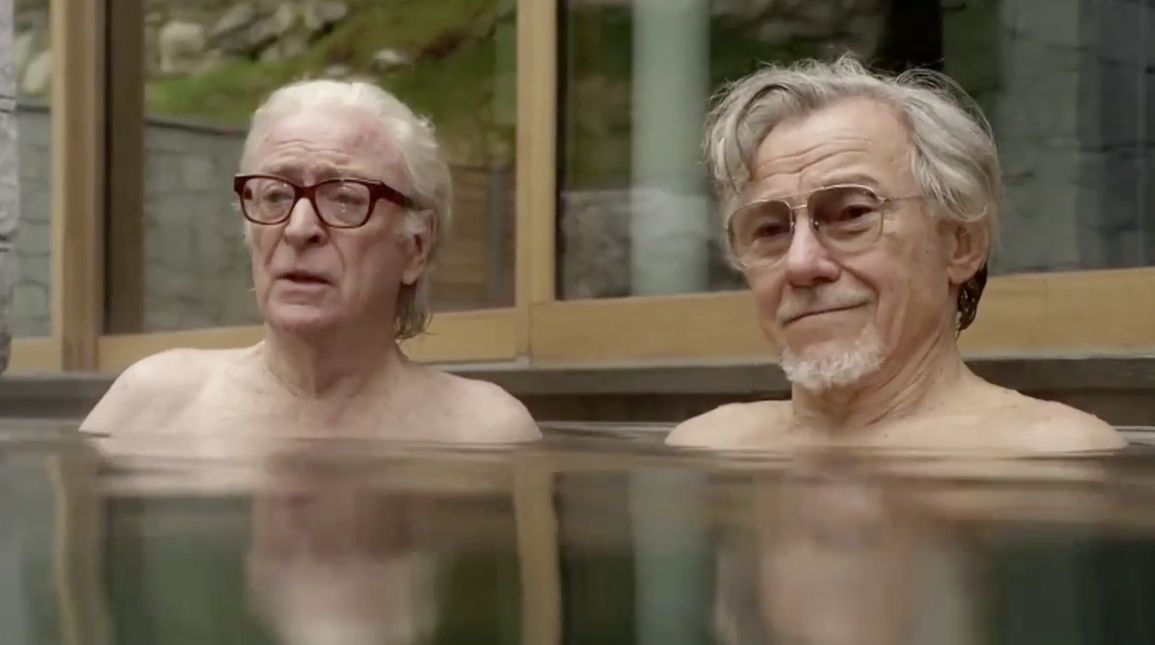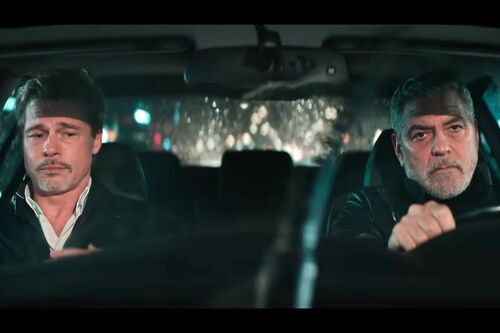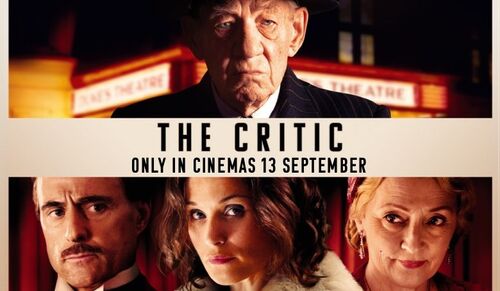
"Youth" Review
 It's 2015's "Birdman": Daring, thought-provoking, a little "out there" and, quite possibly, the Best Film of the Year.
It's 2015's "Birdman": Daring, thought-provoking, a little "out there" and, quite possibly, the Best Film of the Year.
Italian director Paolo Sorrentino won an Oscar two years ago in the Best Foreign-Language category for "The Great Beauty", a phrase that also applies to his latest film, the unforgettable "Youth". Unlike anything I've seen (and likely will see) this year, "Youth" is bold, unique, powerful and deeply moving - the same words I used to describe my favorite film of 2014, "Birdman". Both works challenge you in a way that only great cinema can.
On the surface, "Youth" is the story of renowned, retired orchestra conductor Fred Ballinger (Michael Caine), who's been vacationing at the same Swiss hotel/spa for the past 20 years. Daughter Lena (Rachel Weisz at her career best) is also her father's assistant, so she's on hand to make sure he's healthy. Ballinger also re-connects with longtime friend and film director Mick Boyle (Harvey Keitel). He's staying at the hotel with his team of much younger writers, working on the script for his latest movie - "Life's Last Day", which is to be his "masterpiece". Also at the hotel is superstar actor Jimmy Tree (Paul Dano), who's preparing for his next role. He's fed-up with only being recognized by fans for playing the title robot in the commercial hit "Mr. Q", and not for any of his serious work. His new character, revealed late in "Youth", is just one of a number of jarring surprises Sorrentino hits us with. And there are dozens of other guests, including a world famous sports icon and the newly-crowned Miss Universe. Some are enjoying youth, while others are working hard to recapture it.
Sorrentino weaves all of these characters into a narrative that is very difficult to describe. And the last thing I want to do is give anything away. You've simply got to experience "Youth" for yourself, allowing the meaning of the images, relationships and messages to work on you.

Caine's Ballinger is best-known for his commercially successful "Simple Song" compositions, which play a significant role in this story. This title is in stark contrast to the complexities contained in what is one of the best screenplays of the year. Every scene, every conversation is not only meaningful by itself, but in connection with the story as a whole. Sorrentino is constantly making comparisons between the young and the old, without picking sides, and the script is packed with brutally honest dialogue dealing with family, life, the entertainment industry and how people think and reason. "Youth" is not without its mysteries, and while you may not fully understand everything you see, every single shot has a legitimate purpose.
Caine delivers a heartfelt performance, best on display when the seemingly in-control conductor is able to look back on his life. Keitel is present in practically every meaningful scene, carrying most of them, with a nomination-worthy performance. And in a much buzzed-about extended cameo, the legendary Jane Fonda plays iconic diva/actress Brenda Morel. Fonda's only on screen for about six minutes, and it's mainly one scene with Keitel. She gets to yell, throw F-bombs and blast away at her former director and friend. And her character is pivotal to the story. But the role is just not big enough to justify the Best Supporting Actress attention Fonda's been getting.
Books will be written about the symbolism, imagery and messages in "Youth". There are scenes that will stay with me for a long time, and there's no doubt that I'll be watching it again (and again). This is a visionary triumph that deserves to be seen. And if parts of "Youth" make you feel uncomfortable, sad, hopeless, uplifted, insignificant and more than a bit confused - don't worry. That may just be the point.


